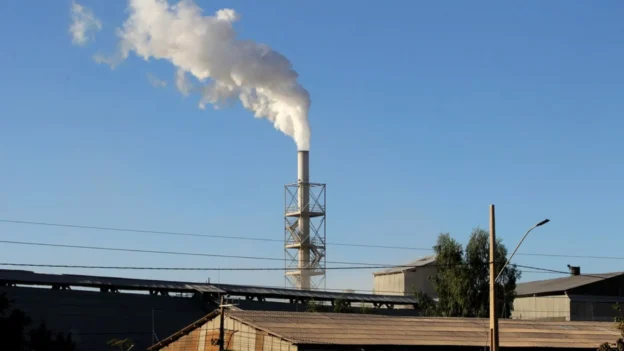The Brazilian Institute for Technological Research (IPT) in São Paulo is promoting a study to explore four promising routes for the production of clean hydrogen, including the use of biogas in nearby areas.
The clean route to hydrogen production
The study will focus on the use of biogas from a solid waste biodigestion plant in Bertioga, a province of São Paulo. One of the objectives is to address greenhouse gas emissions from landfills, such as methane and carbon dioxide by converting them into cleaner, more environmentally friendly hydrogen.
The director of IPT’s Energy Unit, Joao Carlos Savio Cordeiro, explained:“Each of these routes can benefit different segments of industry and society. He added:“It is an opportunity to find a definitive solution to the problem”.
The Unicamp University of São Paulo is also carrying out a similar project to reduce the cost of converting biogas into biomethane for hydrogen production. However, the use of conventional natural gas may be more economical for the industry. Thus, the high cost of biomethane represents a major challenge for the alternative energy transition. Also, explains Unicamp professor Hudson Zanin:“The technology already exists, but we still don’t have enough biogas volume to make it economically viable“.
Researching alternatives for biogas
The IPT study will consider the use of vinasse, a by-product of ethanol production, as the main feedstock for hydrogen production. This residue is commonly used as fertilizer by the food industry. However, its high water and potassium content makes it costly to transport and simultaneously an environmental hazard.
Moreover, the research includes the use of solar energy for high temperatures in the cooking of energy-intensive substances and the application of electrolysis in water.
Follow us on social networks and don’t miss any of our publications!
YouTube LinkedIn Facebook Instagram X
Source: Argus Media
Photo: Shutterstock

